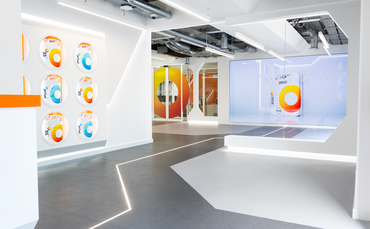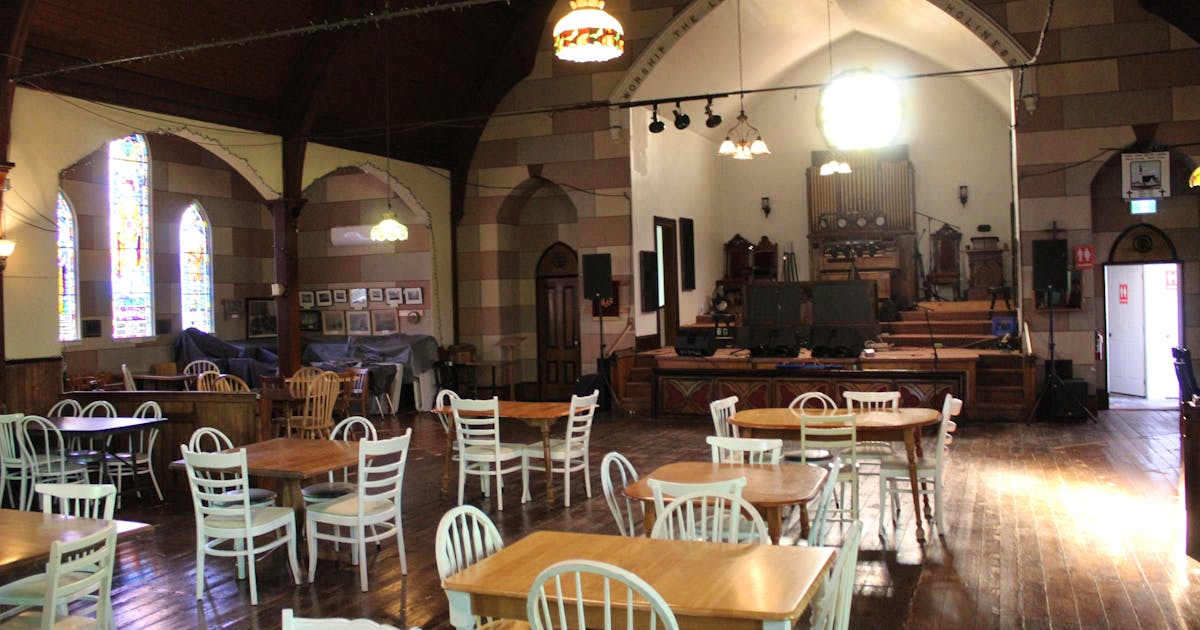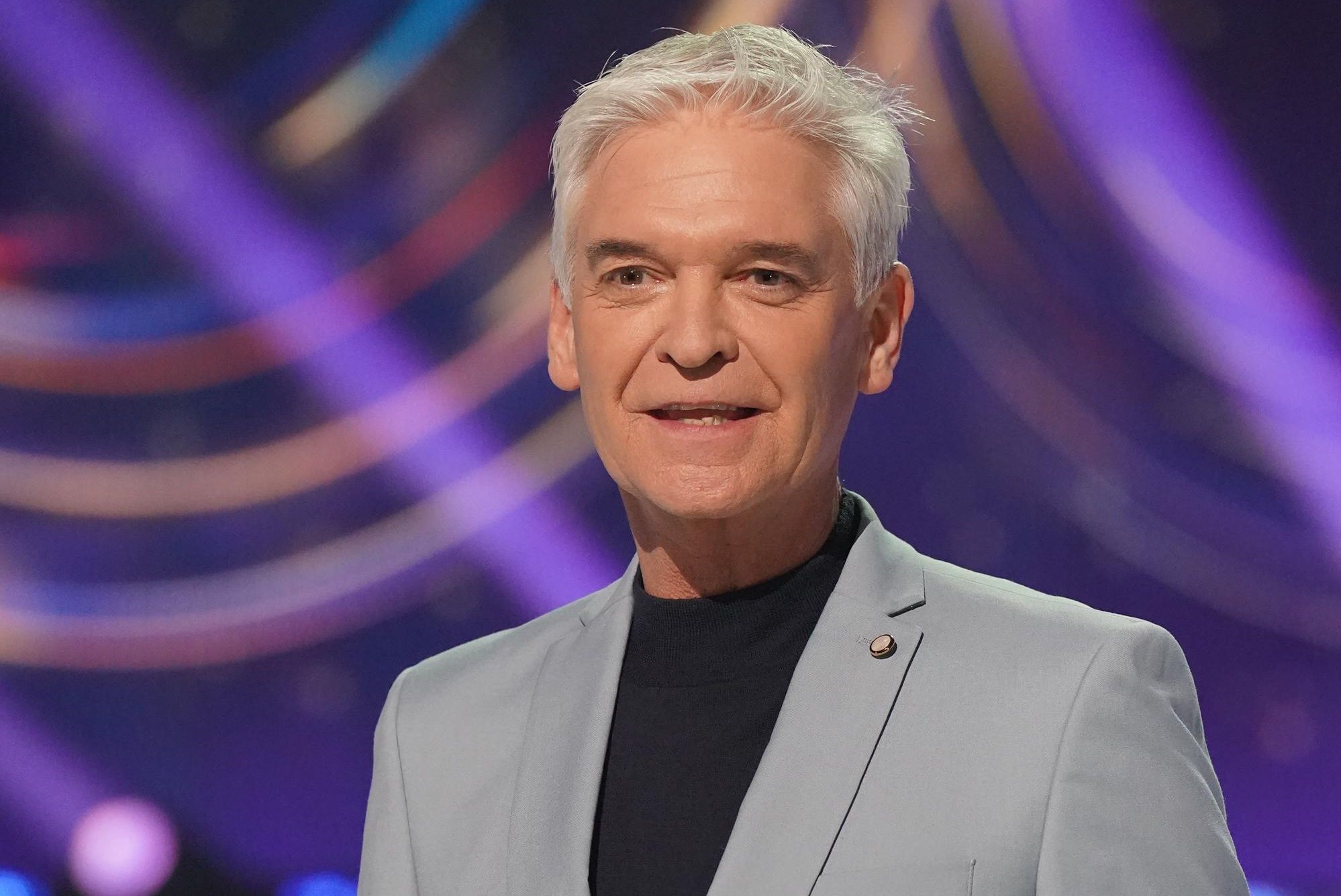Synthetic fuel start-up Zero has hailed a major milestone, after cutting the ribbon on a technology centre in Oxfordshire where it plans to produce fossil-fuel free fuel from the second half of this year.
The company, set up by the former boss of the Mercedes Formula One team Paddy Lowe and chemistry professor Nilay Shah, claims the facility is the “world’s first fully integrated synthetic fuel facility”.
Zero emission synthetic fuels – sometimes referred to as e-fuels – are produced by combining green hydrogen produced using renewable electricity with carbon captured from either industrial sources such as power plants or the air using direct air capture (DAC) technologies.
The Oxfordshire plant contains DAC equipment, electrolysers that can turn water into green hydrogen, and a proprietary technology developed by Zero which uses catalysts to produce the resulting e-fuel, according to the update. All elements of production will be powered by solar panels fitted to the roof of the building, the company said.
Zero said it had designed the new facility to the same “exacting standards” that Lowe and much of the Formula One-recruited staff were accustomed to delivering.
It added that the factory’s “space-age design demonstrated the vision behind the company, which aims to drive the transition from fossil fuels by making synthetic fuel a lifestyle choice”.
Lowe said he expected the plant to become a “centre of excellence for the emerging synthetic fuel industry”.
“In this building we will pioneer the transition to a circular economy in fuels and materials delivering a paradigm shift in world energy from fossils to synthetic,” he said.
Alternative fuels are seen as a key decarbonisation solution for industries that are difficult to electrify, such as aviation, shipping, and heavy industry. However, critics have warned the process is likely to prove hugely expensive and could distract from the need to switch away from internal combustion engines for surface transport.
Zero claims it is on track to produce carbon-neutral gasoline, diesel, and jet fuel at the plant later this year, all of which are a “100 per cent drop in” for fossil fuels.
It claims to be one of the few companies to have successfully created synthetic petrol, diesel, and jet fuel.
“Zero’s fuels are very similar in structure to fossil fuels, but they are carbon neutral,” said Shah. “Unlike biofuels and fuels created from waste – which are both excellent interim solutions to reducing carbon emissions – synthetic fuels can be produced at scale, wherever there is a source of water and renewable electricity.”
E-fuels are seen as a more environmentally friendly alternative to biofuels and fuels created by burning waste because they can be produced with fewer emissions and have lower land use implications. But the cost of creating fuels which depend on nascent carbon capture, DAC, and green hydrogen technologies has long been seen as an impediment to their near-term deployment.
Zero said it was collaborating closely with the UK’s Royal Air Force on the project, noting that the first output from Plant Zero.1 would be used in a RAF jet.
The start-up said it had already developed designs for the next phase of scaling up its production, which would see it produce fuel at a commercial scale by 2025.
BusinessGreen readers can sign up now for their free pass to this year’s Net Zero Festival.














